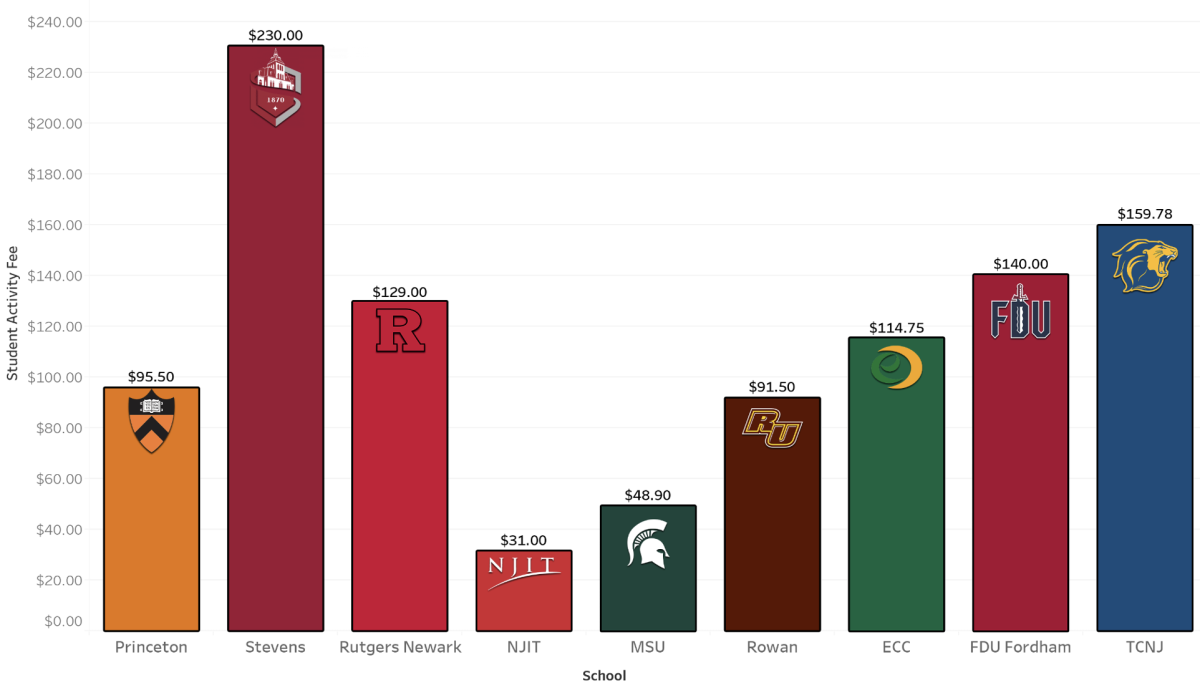Last semester, we received an email from the Dean of Students informing us of an online Title IX training module that all students were required to complete. It became a hot topic of discussion across campus. What I discovered was that not only are my peers surprisingly undereducated about topics like sexual assault on campus, prevention and handling, but the logic and reasoning they use to question the validity and function of Title IX was rooted in privilege and misogyny. The fact is, that women across the country every single day are facing the consequences of sexism and misogyny on college campuses, from an act so small as demanding intellectual and emotional labour from a woman in conversation, to physically assaulting a woman. And that is not up for debate.
During a discussion with my newspaper club, much of the discussion surrounding these questions was there seeming absurdity. One of the questions is as paraphrased: A girl is visibly upset and crying alone on a public bench. An acquaintance of the girl, a male, sits next to her and puts her arm around her shoulder to comfort her. Is this considered sexual harassment? The answer was yes, because this contact was considered contact with a victim who was in a vulnerable state and unable to properly consent to the physical interaction. Doesn’t being friends warrant some kind of physical interaction? How can this be considered assault if she is not being physically harmed? Doesn’t the intent behind the act matter? Would people rather the girl be left alone and uncomforted? Could this case even stand in a court of law? I didn’t know the answers to these questions. And the more I thought about it, the more questions I had as well, and I can only imagine the amount of discourse surrounding Title IX across federally finance institutions. The text of Title IX dictates plainly that “no person may be subjected to discrimination on the basis of sex under any educational program or activity”, and it defines sexual harassment as “unwelcome conduct of a sexual nature, including unwelcome sexual advances, requests for sexual favors, and other verbal, nonverbal, or physical conduct of a sexual nature.” At face value, comforting a friend with a shoulder to lean on is not sexual in nature. It can be argued that it contributes to an environment that invades a woman’s right to her body, but to most, it would seem a stretch. I questioned the validity of the question, but also, the effectiveness of the definitions of “harassment” in Title IX and its outlined function.
A couple of weeks ago when I was in line to grab some food with friends from my Filipino cultural club. I was discussing the syllabus for a class and said that topics like sexual assault and consent were going to be covered. They recalled the question from the module about the crying girl. They asked me, if a girl tells you to slap her during sex and later she reports you, how do you fight it in court? Who is going to win that case? How can what happened, be proved, especially if there were only two people that witnessed the entire interaction, and it is those two people’s words against each other’s? If I recorded it, who gets in trouble? Isn’t it unfair that these laws only protect women? I knew there wouldn’t be time to explain systemic injustice and the mistreatment of sexual assault allegations on college campuses, let alone the amount of sexual assault and harassment incidents that go unreported. So I told him, “Girls don’t lie about these kinds of things.” He shut down my argument quickly, repeating again that the Title IX mandate wasn’t fair because it has the potential to unjustly punish men. He argued also that education on consent and sexual assault prevention had made it difficult for him and his friends to understand how to approach sexual relations with a woman – rather than view the law as a protection for sexual assault victims, they spun the Title as a hassle, a complication to the way the understood relationships to work. Less tban 5% of rape allegations are false. Using the premise that laws like Title IX enable women to lie about sexual assault and makes it confusing for men to understand how to approach women is one of the most privileged, ignorant perspectives on a law about handling claims of sexual assault I have ever heard.
Laws and statutes are rooted in values and the expected behavior as a result of those morals. Title IX was drafted to address what has already been identified as a public health crisis – the epidemic of sexual assault on campus and the social inequalities that stem from male privilege. The fact that women regret the choice they made to report their case of sexual assault because of the barrage of obstacles that they faced in handling their report speaks volumes about the faculties within academic and legal institutions to support women and others that are victims of sexual assault. It’s now become a joke to shout out “Title Nine!” within a group of friends if someone makes unwarranted contact with you. These anecdotes prove to me that not only are people widely mis-educated about sexual health and its link to public sexual health trends, but that as colleges we have a responsibility to create opportunities to educate students and demand just policy and action on sexual health and alleged sexual assault claims from our university administration. No victim of sexual assault deserves to become a victim of bureaucracy and the legal, political dynamic that frames their assault.








































